Introduction
Our curriculum encompasses every part of the children’s day. It covers classroom learning, playtimes, enrichment opportunities and much more! At Stone St Mary’s CE Primary School, we are committed to ensuring our pupils develop into independent and fearless learners, who can collaborate fully with each other while feeling loved, cared for and valued. Our fulfilling, inclusive and diverse curriculum builds on procedural knowledge underpinned by our Christian values of community, hope, respect, forgiveness, trust and wisdom.
Statement of Intent
The breadth of our curriculum is designed with three goals in mind:
- To give all pupils appropriate experiences to develop as confident, resilient, articulate and positive future citizens.
- To provide a coherent, structured, academic curriculum that leads to sustained mastery for all and a greater depth of understanding.
- To ensure all children’s personal, social, emotional and spiritual needs are met and that they have opportunities to reflect on and celebrate themselves and empathise and celebrate with others.
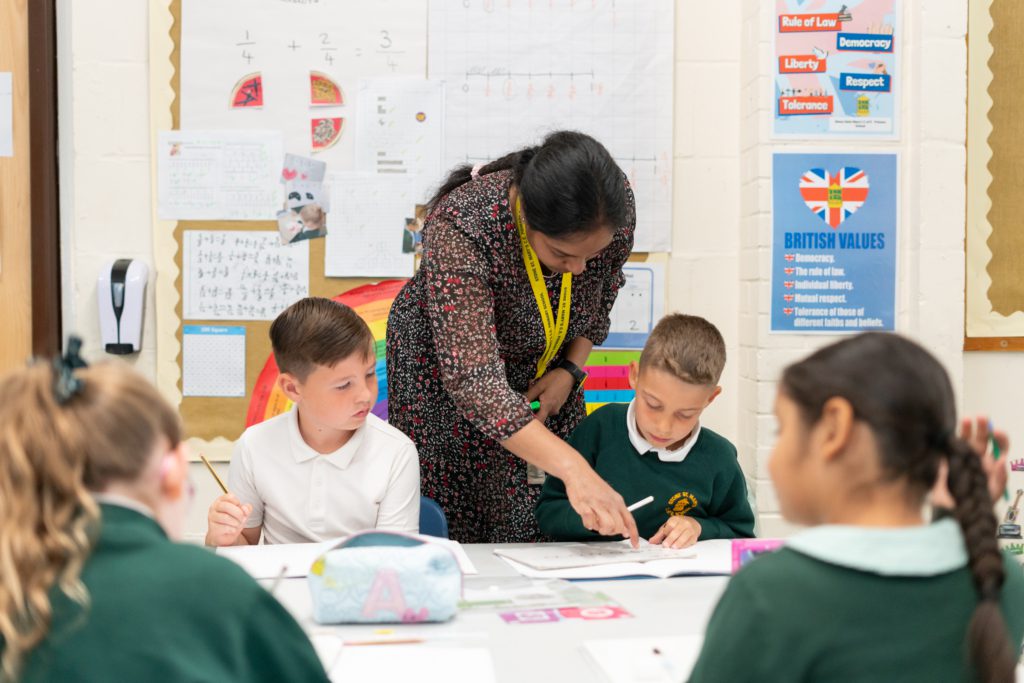
Our Curriculum Drivers
As a school we have adapted Rosenshine’s Principles of Instruction and created our own Stone’s Toolkit which drives our curriculum. From this we use four key phrases which help shape our curriculum and help the children to develop a range of knowledge and skills.
Fearless risk takers – Fearless learners have gumption, a have a go attitude and are always looking for ways to improve. They are not afraid to try new things.
Independent learners – Independent learners have the confidence to explore, investigate and immerse themselves in their learning.
Knowledge rich pupils – Knowledge rich pupils have acquired invaluable knowledge which allows them to make links relating new knowledge to old forming networks of schemas.
Leaders and collaborators – Leaders and collaborators recognise and exploring all available opportunities for their future lives, work well as a team and inspire others.
Cultural Capital and Experiences
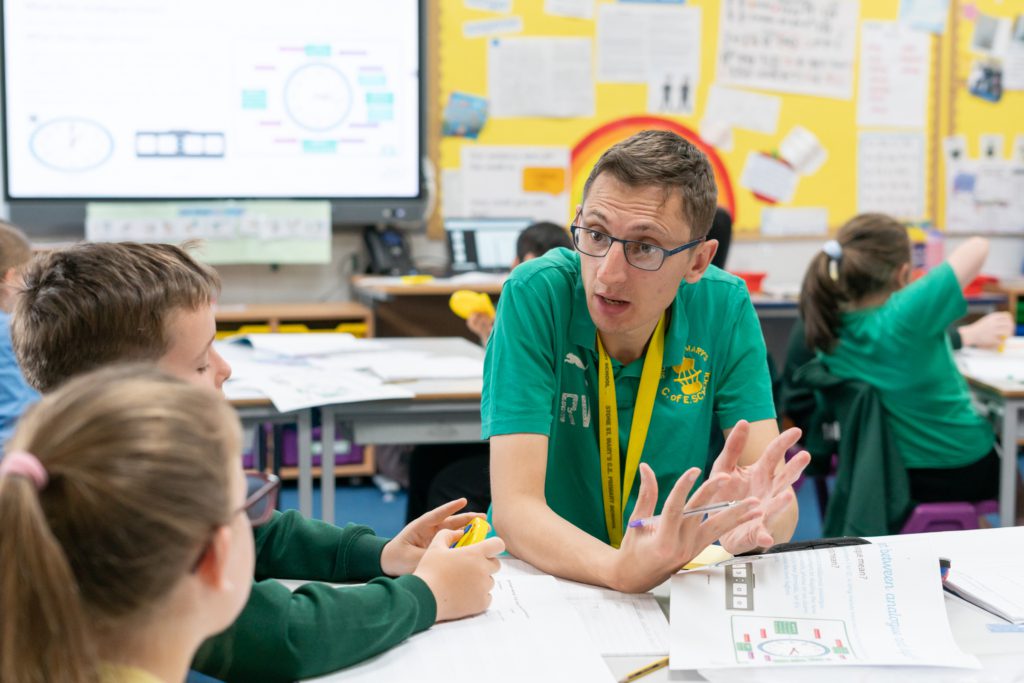
Cultural capital is the background knowledge of the world pupils need to infer meaning from what they read and experience. It is the currency for social mobility and the acquisition of this will allow pupils to transcend their economic-given status whilst repairing divisions in society caused by gaps in knowledge. Specifically, cultural capital is powerful knowledge. It includes vocabulary which, in turn, helps pupils to express themselves in a sophisticated, mature way. At Stone Saint Mary’s CofE Primary School, the way in which cultural capital is acquired and developed is multi-faceted. We give pupils access to carefully considered areas of knowledge through our breadth of curriculum design. Pupils are able to develop their knowledge of many topics. The continuous provision also plays a part in the development of each and every one of our pupil’s procurement of cultural capital and further opportunities continue to be reviewed, enhanced and added.
Statement of Implementation
Our curriculum design is based on evidence from cognitive science; three main principles underpin it:
- Learning is most effective with spaced repetition.
- Interleaving helps pupils to discriminate between topics and aids long-term retention.
- Retrieval of previously learned content is frequent and regular, which increases both storage and retrieval strength.
As a school we understand that knowledge is sticky. New knowledge sticks much more readily when we have related existing knowledge. As our minds build knowledge, they form it into schemas, or networks of knowledge, and we integrate new material into our existing schemas.
All of this means that we have thought very carefully about the content we teach and the order in which we teach it, to give our pupils the very best chance of building it into secure, robust schemas which will form the foundation of what they will go onto learn in the future.
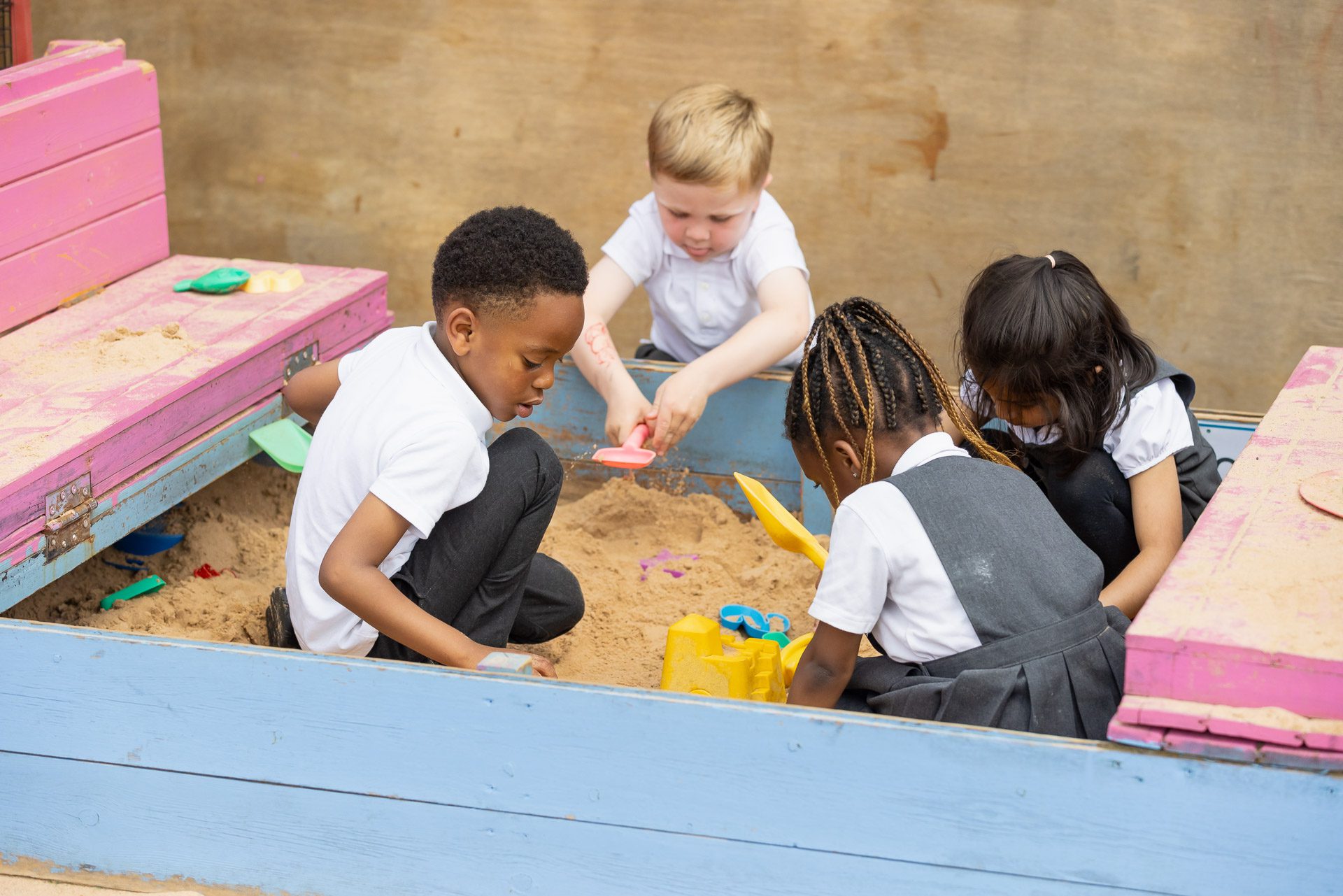
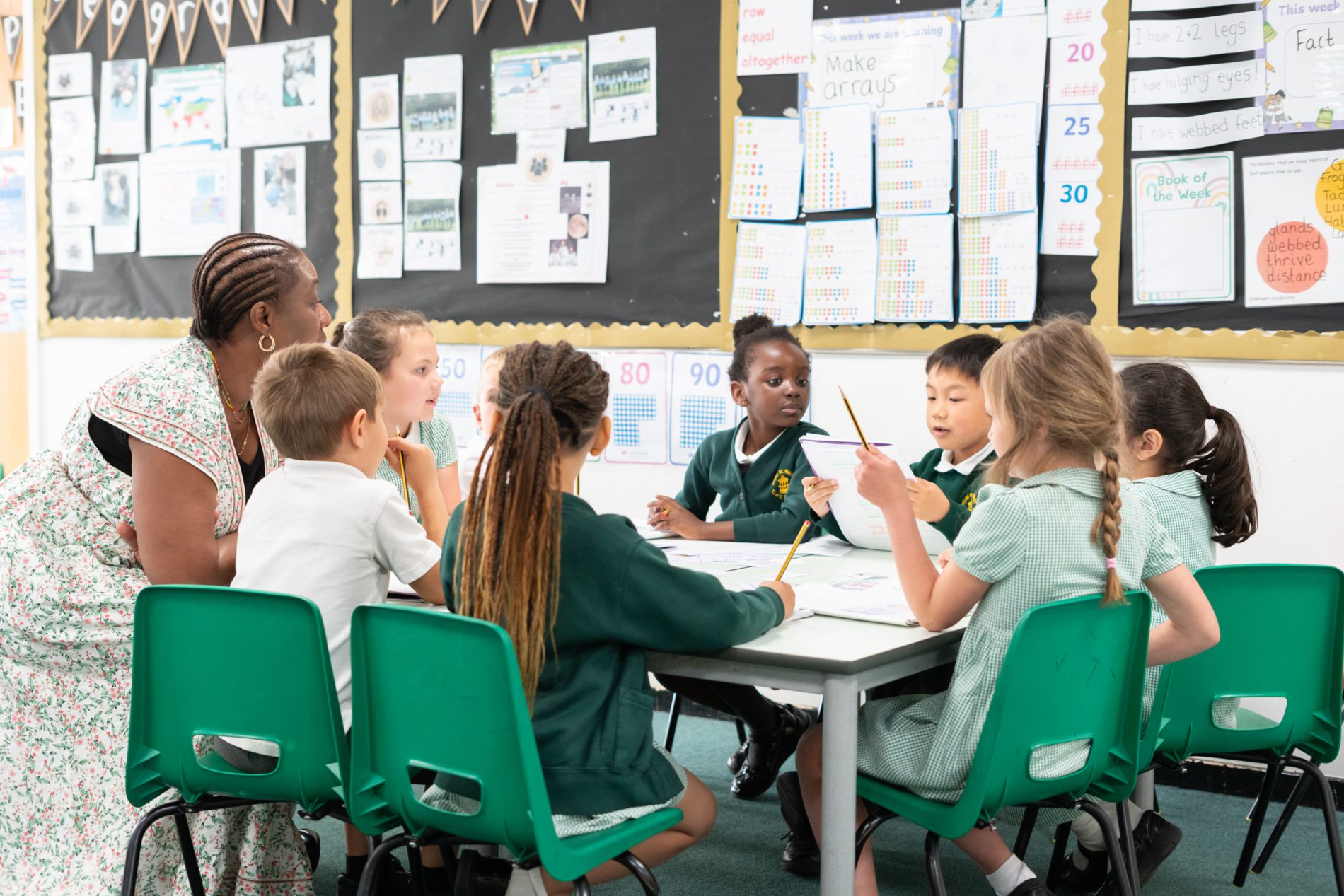
Cognitive science also teaches us that knowledge speeds up thought. As we learn, different pieces of information get “chunked” together to reduce the demand on working memory. Cognitive science is that knowledge enables creative and critical thinking. What we often think of as transferable skills tend to be built on deep foundations of domain-specific knowledge, giving us plenty to think critically about and enabling us to spot patterns and draw intelligent conclusions.
We have created a curriculum that is immersive, coherent, progressive and appropriately sequenced to enable our pupils to develop subject specific and procedural knowledge to prepare them well for the next stages of their education.
The curriculum builds progressively from learning in the Foundation Stage. The milestones (1, 2 and 3) that are built into our curriculum, allow the children to embed their knowledge. These milestones are aligned with the National Curriculum and indeed go beyond the National Curriculum requirements. We have mapped out key procedural knowledge for each subject across each milestone (a 2-year cycle). Choosing this approach enables our children to develop meaningful links and opens their eyes to a world beyond their immediate locality. It also builds their cultural capital, preparing them with essential knowledge for their future success. Planning in this way ensures all children have access to a full curriculum which progresses in skills and knowledge across the year – we know that during each milestone every indicator is covered at least twice, so children have the chance to work at a Basic, Advancing and Deep level.
The curriculum implementation emphasises the importance of developing the depth of children’s learning. In essence, this means providing children with an increased cognitive challenge, allowing them to apply their knowledge independently in a range of contexts rather than moving them on needlessly when they have not truly mastered it.
Some of our content is subject-specific, whilst other content is combined in a cross-curricular approach. Continuous provision, in the form of daily routines, replaces the teaching of some aspects of the curriculum and, in other cases, provides retrieval practice for previously learned content.
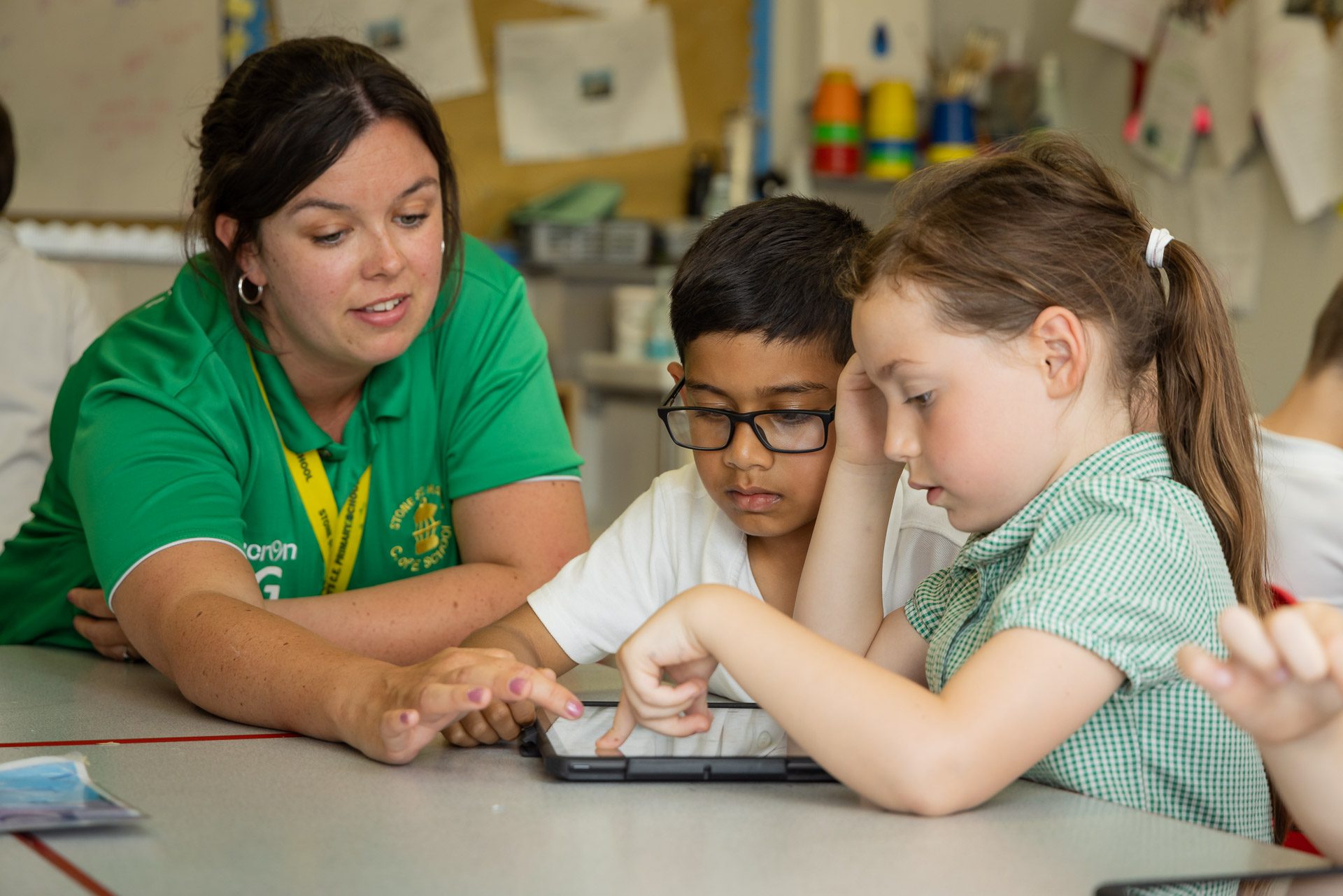
Statement of Impact
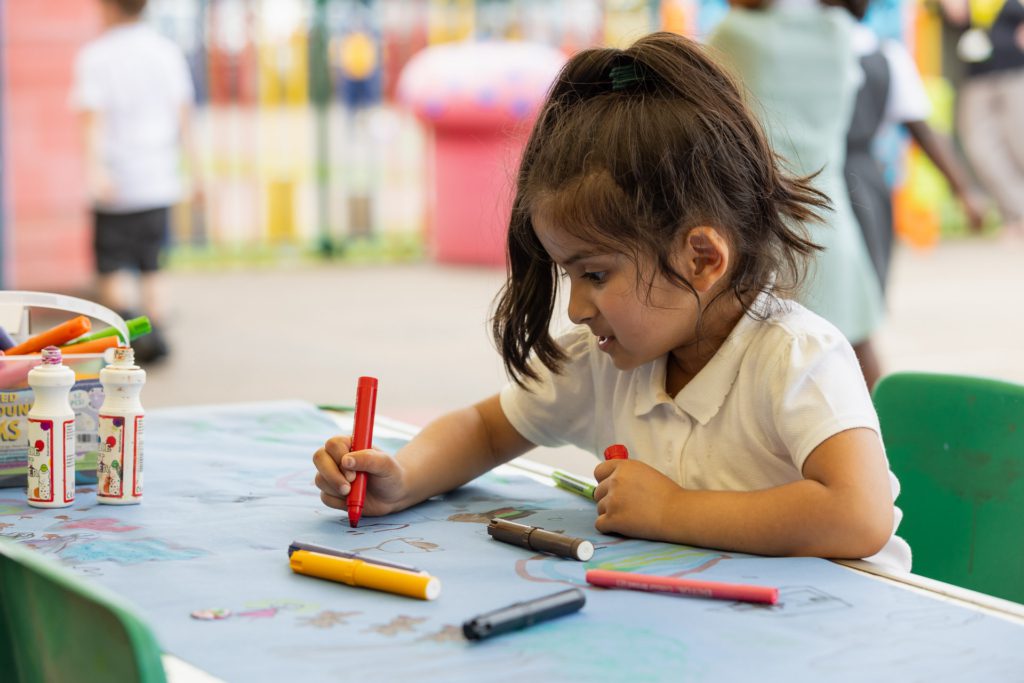
The impact of our curriculum is designed so that by the end of each milestone, the vast majority of children have sustained mastery of the content and a greater depth of understanding. To ensure children are on course to reach the expectations of our curriculum, we carefully track their progress to ensure they remember key concepts and become fluent in them.
At Stone Saint Mary’s CofE Primary School we work together to provide an exceptional curriculum and enrichment opportunities that have a real impact on both academic and personal development.
Our Christian Values are interwoven into our curriculum, enabling our children to develop personally, emotionally and spiritually.
We believe that every child should be encouraged to achieve their highest standards possible, in an atmosphere where all success is celebrated. Our children enjoy school and have the confidence to grow in responsibility, resilience, and independence, leaving as flourishing citizens, equipped for the next stage in their education and for a journey of lifelong learning.
The impact of the school’s curriculum can be seen through talking with the children and the work they produce, as well as outcomes for all groups of children within the school. Everything we do is with the child in mind, and strong relationships are built between children and staff which create an atmosphere for learning which is conducive to success.
If you require any further information about our curriculum, please do not hesitate to contact the school office who will put you in contact with the relevant subject leader.


